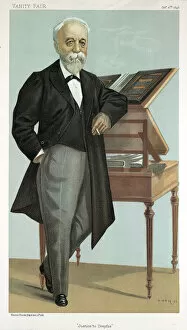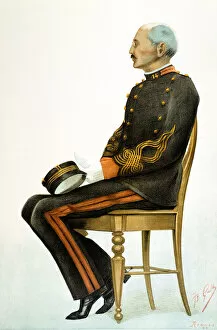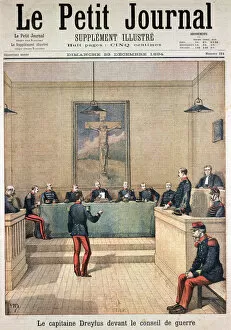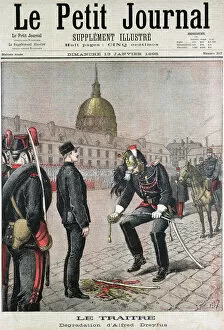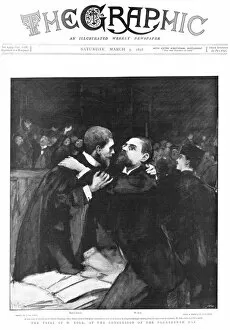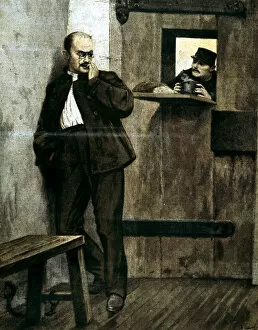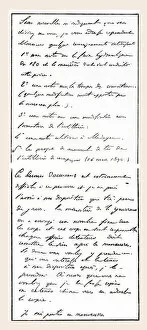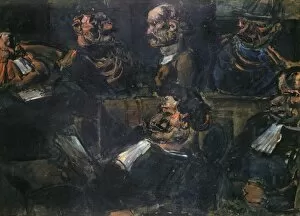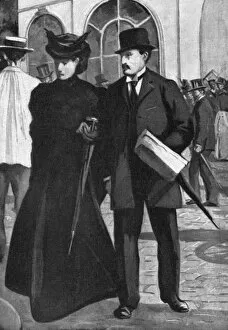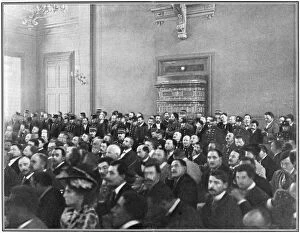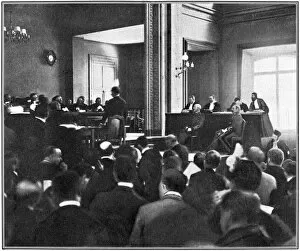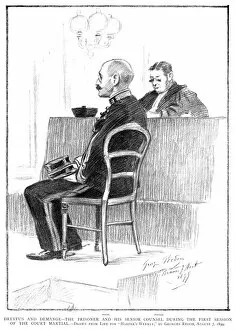Dreyfus Affair Collection (page 5)
The Dreyfus Affair was a tumultuous and controversial event in French history that unfolded during the late 19th and early 20th centuries
All Professionally Made to Order for Quick Shipping
The Dreyfus Affair was a tumultuous and controversial event in French history that unfolded during the late 19th and early 20th centuries. At its heart was Alfred Dreyfus, a French artillery officer of Jewish background, who became embroiled in false charges of treason. It all began with a document attributed to Dreyfus, which falsely accused him of betraying his country. This led to his arrest and subsequent trial, where he faced immense prejudice due to his Jewish heritage. Emile Zola, a prominent writer at the time, took up Dreyfus' cause and penned an open letter titled "J'accuse. . " addressed to the President of the French Republic. In it, Zola passionately defended Dreyfus's innocence and exposed the anti-Semitic motivations behind his persecution. Zola's letter sparked outrage among those who sought to suppress the truth about Dreyfus' wrongful conviction. The requisitoire against Zola showcased their desperation as they tried to silence him for daring to challenge their narrative. Throughout this ordeal, there were numerous pivotal moments captured in historical lithographs. One such image depicts Emile Zola standing resolute at the Palais de Justice while another shows him swimming towards a German soldier with "I accuse" written by hand - both powerful symbols of defiance against injustice. Meanwhile, attempts on key figures involved in defending Dreyfus were made evident through lithographs depicting an assassination attempt on Fernand Labori and Colonel Jouaust presiding over one of Dreyfus' court martial proceedings. Despite these challenges, support for justice prevailed as evidenced by General Gillain conferring upon Commander Dreyfus the Cross of Legion d'Honneur after his rehabilitation in 1906. Additionally, Alfred Dreyfus himself is depicted receiving this prestigious honor within the courtyard of Paris Military School - symbolizing redemption after years of suffering.

